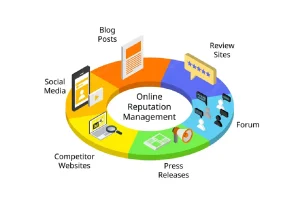There are three key characteristics of a competitive supply chain: responsiveness, reliability, and relationship management. We discuss these here.
Responsiveness
The ability to respond to customers’ requirements in ever-shorter time frames has become critical. Today customers want shorter lead times, greater flexibility, and greater product choice. This means that the supplier and manufacturer have to be able to meet the precise demands of the customer in a shorter amount of time than ever before.
The ability for a supply chain to have this level of responsiveness is often described as “agility,” which is the ability to move quickly to meet customer demands. In fact, in rapidly changing environments, agility is more important than long-term strategy, as there is no “long term.” Agility will come from short supply chains that are much more demand-driven—responding to what the customer “demands”—rather than forecast-driven.
Reliability
Uncertainty is a fact of life for most businesses, such as uncertainty about future demands, uncertainty about a supplier’s ability to meet deadlines, or uncertainty about the quality of component materials. In fact, uncertainty is the main reason why companies carry safety stock inventories—to guard against this uncertainty—which then results in higher costs. The best way to reduce uncertainty is by increasing reliability through the redesign of processes that impact performance.
One factor that greatly improves reliability in supply chains is improved visibility. Typically, the further one goes up the supply chain, the more limited the “visibility” of downstream activities. Organizations that are further up the chain have typically relied on on-demand from their immediate customer in the chain to forecast demand. This lack of coordination has resulted in the classic “bullwhip” effect. Supply chain coordination and sharing of real-time data and information through information technology have permitted visibility to all entities in the chain. This results in greatly improved visibility and, consequently, supply chain reliability.
Relationship Management
An important characteristic of competitive supply chains is their focus on relationship building and collaboration, rather than the arm’s-length adversarial relationships that had been dominant in the past. In many industries, for example, the practice of “single-sourcing” is widespread. It has been documented that such practices improve quality, product innovation, and design while reducing costs and improving overall responsiveness. Underlying this idea is that the buyer-supplier relationship should be based on a partnership of trust, commitment, and fairness.
There are numerous advantages to such relationships that can be long-term and mutually beneficial. The competitive advantage of companies such as Toyota and Honda over their competitors in the auto industry comes from the collaborative relationships they have developed with their suppliers. As we have seen thus far, SCM is primarily about the management of relationships across complex networks of companies. Successful supply chains will be those that are governed by a constant search for win-win relationships based on reciprocity of trust.




